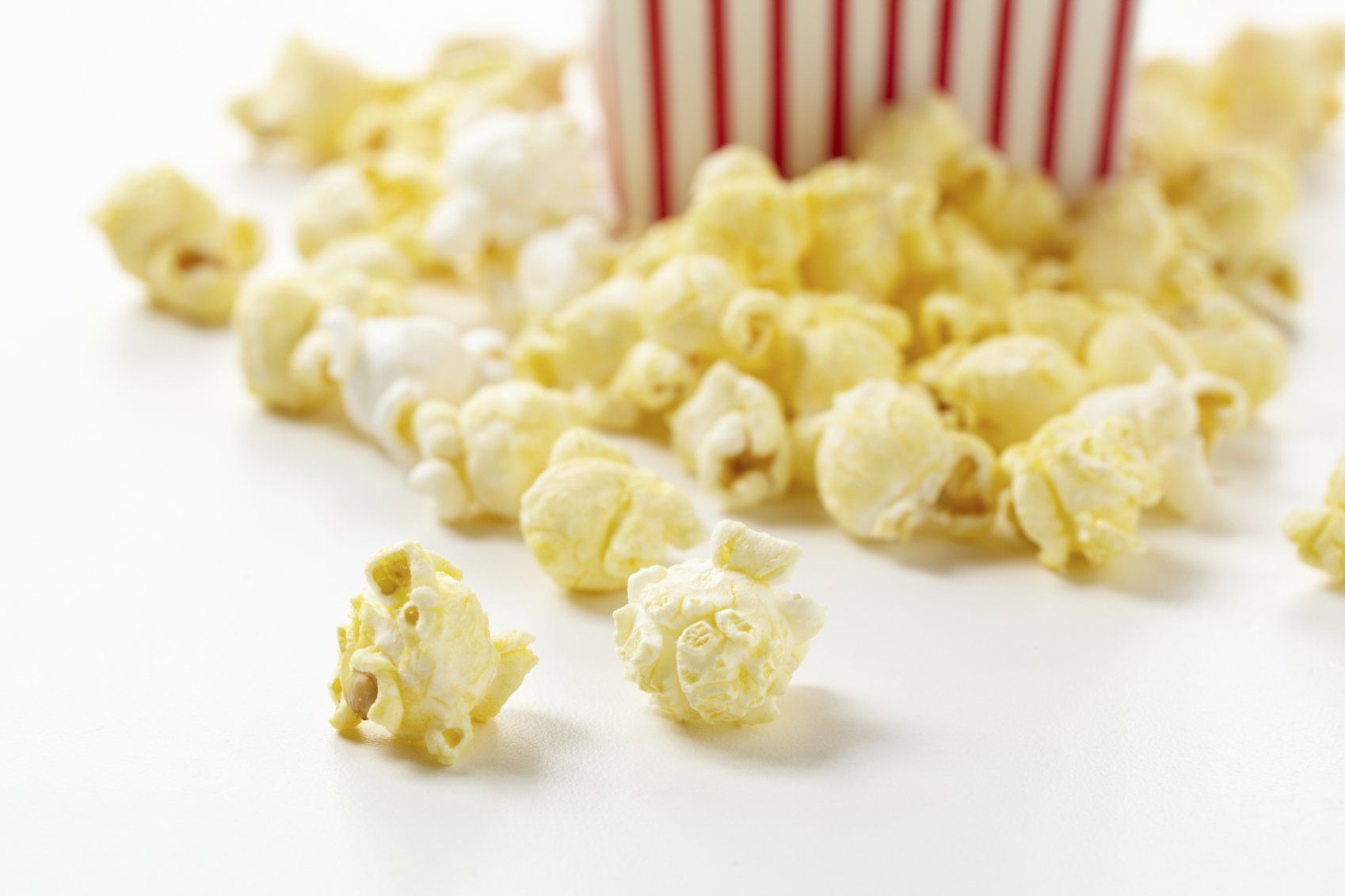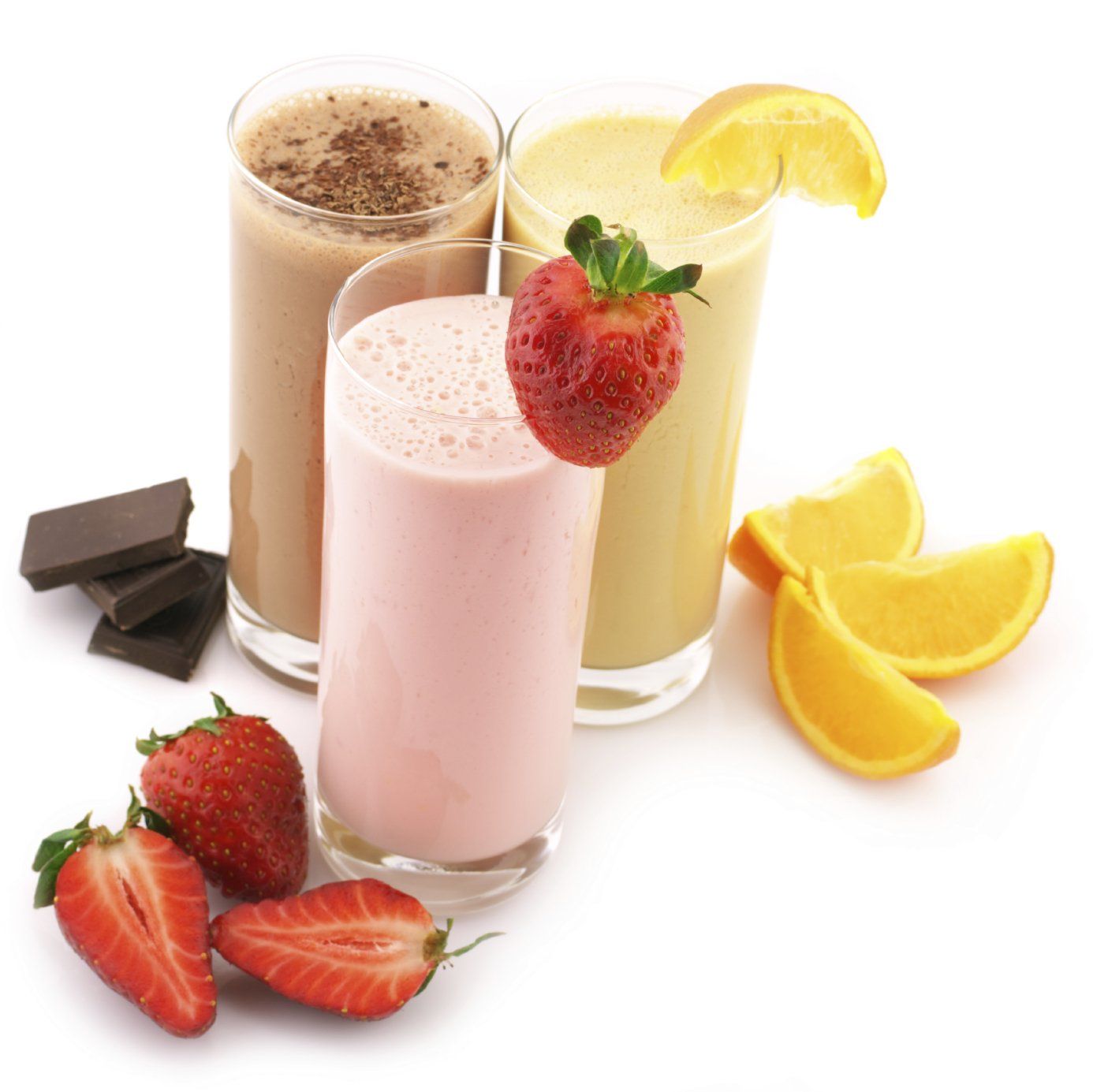Blog Posts

Meet Matthew: A kiddo whose courage, confidence, and joy have grown beyond measure while in therapy at PMC. From conquering his fears in the pool to shining at home and school, his progress has been incredible. With trust, hard work, and an amazing therapy team behind him, Matthew is truly thriving. We couldn’t be prou

At Pediatric Movement Center, we believe that movement isn’t just about gross motor development—it’s intertwined with confidence, self-esteem, and real-life functional skills. That’s why helping children gain independence in self-care tasks (dressing, grooming, feeding, toileting) is such an essential piece of the puzzle. Empowering your child to participate in self-care doesn’t just free up time for caregivers. It helps children build motor planning, coordination, problem solving, and a sense of accomplishment. Why Self-Care Skills Matter 1. Motor & cognitive integration Tasks like buttoning, tying shoelaces, brushing hair, and managing zippers demand fine motor control, bilateral coordination, sequencing, and problem solving. 2. Boosting confidence and motivation When children are capable of doing things for themselves (even partially), they feel more competent and proud. 3. Reducing caregiver burden As your child becomes more independent, your role gradually shifts toward coaching rather than doing. 4. Supporting transition to school / life Teachers, peers, and daily routines expect kids to manage many of their own care tasks. Early development of these skills smooths transitions. Common Challenges You May See By recognizing common challenges, you are better prepared to break down tasks and scaffold progress more effectively. 1. Dressing (buttons, zippers, socks) Weak finger dexterity, poor grip strength, sequencing difficulties Frustration, avoidance, slow performance 2. Grooming (hair brushing, face washing) Sensory sensitivity, poor bilateral coordination Child resists touching face, hair, water on face 3. Feeding / Utensil use Hand dominance not established, weak wrist stability Spilling, awkward grasp, switching hands 4. Toileting / Hygiene Motor planning, reach, coordination Difficulty wiping, managing clothing, following steps independently Tips & Strategies to Support Self-Care Growth Here are some practical strategies and tips to help your child grow their self-care skills with joy and confidence. 1. Break Tasks Into Smaller Steps For example, rather than asking your child to “get dressed,” break that down: Pull pants up > Hold waistband > Insert one foot > Insert the other foot > Pull up > Zip / snap / button Tip! Label each step with visuals or checkboxes so your child can see the progression. 2. Use Adaptive Tools & Clothing Modifications let your child practice success while their skills build! Choose clothes with large, easy-to-grasp fasteners (e.g. big buttons, magnetic snaps, Velcro). Use looped zipper pulls or zipper tabs to simplify grip. Utensils with thicker grips or angled handles can ease feeding. 3. Practice in Playful, Low-Pressure Ways Turn grooming into a “spa day” — let your child brush a doll’s hair first, then their own. Sing a song while they dress themselves, doing each step in time. Use a mirror so they can see what they are doing and become more aware of hand movements. 4. Encourage Bilateral Coordination & Strength Games and activities that involve both hands—stringing beads, cutting construction paper, playdough work—help build the coordination needed for self-care. 5. Use Visual Schedules & Reminders A picture-based routine board (e.g. “wash face → brush teeth → comb hair → get dressed → go to school”) offers structure and helps children internalize the sequence. Having the steps visible reduces reliance on verbal prompts. 6. Encourage Autonomy (While Supporting) Let your child try, with you ready to assist only when needed. Use open choices (e.g. “Do you want to put on your socks first or shoes first?”) to promote decision-making. Praise attempts, not just successes: “I saw how you tried to button that shirt — great persistence!” 7. Be Patient & Repeat Often Mastering self-care takes time and repetition. Try to incorporate these tasks multiple times a day. Over months, small progress accumulates into real independence. 8. Address Sensory or Motor Barriers If a child resists face washing, brushing teeth, or hair care, sensory sensitivities may be involved. Gentle exposure, gradual desensitization, and input from occupational therapy can ease the process. When to Seek Support from a Therapist If you notice consistent challenges with a task despite practice, our therapy team is ready to evaluate fine motor, coordination, sensory processing, or motor planning components. You might want to consider occupational therapy support if: Your child is older than peers for their age and still not handling basic self-care tasks They become frustrated, shut down, or avoid attempting these tasks You suspect underlying issues like poor fine motor control, motor planning difficulties (dyspraxia), or sensory sensitivities The gap between what the child can do and what’s expected in school life is widening Therapists can perform assessments, design individualized strategies, and coach you (the parent/caregiver) on how to guide progress at home. At Pediatric Movement Center, we’re honored to partner with families on this journey. If you’d like help assessing which areas to focus on, designing a routine, or troubleshooting stalls in progress, reach out. We’d love to support your child’s growth and celebrate every milestone with you Helping your child with self-care skills is not just about independence—it fosters motor development, confidence, and daily life readiness. With patience, scaffolding, and playful opportunities, you’ll watch them grow step by step into more self-reliance.

No-plate dinners mean no dishes and no pressure—everyone builds their own meal. The only challenge? Be ready for a little mess and some planning. To encourage selective eaters to try new foods, it is important to create exposure opportunities in a no pressure environment. No plate dinners and/or grazing tables provide

We know that transitioning back to school can bring excitement, challenges, and lots of questions—so we’ve created a comprehensive Fall 2025 campaign to help support your child every step of the way. From therapy tips and healthy lunch ideas to movement routines and fun events, our team is ready to help children of all

This summer, have fun in the sun and stay safe in the water! Here are a few tips for caregivers and parents to keep kids safe this summer. Quick Facts: Drowning is the number one cause of injury death in children ages 1-4. Nearly 70% of drownings among children under four occur during non-swim times. Bathtubs are the most common location of drownings inside the home, and more than half of bathtub deaths involve children less than one year old. Drowning is almost always silent, and it only takes seconds.

Getting a selective eater to try new foods is a process. Keep in mind that the goal is to provide your child with the opportunity to be exposed to new foods. Continue to introduce them to unfamiliar foods, have them see that you eat and enjoy them, all the while making sure they have safe foods that they know they can count on. Giving your child permission helps to reduce anxiety around new foods. Inviting your child to be around and try new foods is a very different experience than forcing them to try new foods.

With summer here, your kiddos are likely on a constant hunt for snacks. To help them develop healthy eating habits, try spacing meals and snacks about two hours apart. This gives their little tummies time to feel hungry, enjoy a snack, and recognize when they’re full. When kids “graze” throughout the day—eating small amounts here and there—their bodies have a harder time learning to recognize hunger and fullness cues. Grazing can also lead to more frequent choices of less nutritious, grab-and-go snacks. Let's Support Healthier Habits To support healthier habits, pre-plan snack options and post a visual snack “menu” on the fridge. This gives kids structure, helps them feel independent, and encourages better choices. And why not make snack time fun and educational? Try simple food crafts together—it’s a great way to bond with your child(ren), have fun in the kitchen, and explore possible new foods at the same time! UNDER THE SEA: Shark Snack Cups from Mommy's Fabulous Finds Festive treat made with yogurt, jello, cool whip, graham crackers and optional gummy shark Shark Week Bait from Alex Daynes A lighter treat that includes popcorn, white chocolate chips, f ood coloring/sprinkles, Sixlet Candies, gummy sharks, and pretzel goldfish Candy Sushi from Happy Family Recipes Themed snack made with Rice Krispie Treats (butter, marshmallows, vanilla, Rice Krispie Cereal) Fruit Roll-Ups, large Swedish fish, mini Swedish Fish BEACH + ANIMAL THEMES: Beach Bear Dirt Cups from Made To Be A Momma Celebrate summer with pool inspired lounging! Ingredients include: Teddy Grahams, white chocolate pudding, milk, cool whip, graham crackers, gummy life savers Curious George Snack from Mess for Less (tip, Read a Curious George book to go along with this one!) Enjoy a book and a snack with this Curious George inspired snack! Ingredients include: Nutella, s liced bananas, b lueberries, r ice cakes Animal Tracks Snacks from Loreen Leedy Great snack for the outdoorsy kid who enjoys animals! You can use a variety of ingredients including: cheese, crackers, pretzels, cream cheese, almonds and pepperoni FOR THE NATURE LOVER: Nature Snacks : Edible Crafts for Kids - Parties With A Cause A large variety of snacks for nature lover of all kinds including all sorts of flora and fauna options! POPSICLES: Fresh Fruit Popsicles from One Little Project How to Make Fruit Popsicles with Real, Fresh Fruit Strawberry Breakfast Popsicles from Fraiche Living We can imagine all sorts of variations of this recipe! Start with the following simple ingredients: yogurt, fresh strawberries, milk (or your choice) lemon juice and granola Frozen Yogurt Banana Pops from Kalejunkie Such a simple, yet festive recipe that uses ingredients commonly found in the kitchen such as bananas, yogurt and sprinkes! FOOD IMPOSTERS: Pancake Donuts from Balanced with Babies Made with just two ingredients: pancake mix and milk! You will need a fun donut shaped mold for this recipe Breakfast Banana Split - Art From My Table Ingredients include: banana, yogurt, blackberries, raspberries, granola, mini chocolate chips Fruit Cracker Pizzas from Sunshine & Hurricanes Crackers + cream cheese + fruit! Watermelon Rice Krispy Treats from My Heavenly Recipes Festive treat to be shared! Made with butter, marshmallows, R ice Krispies, food coloring and chocolate chips
Milestone Moments

In a world often filled with uncertainty, Liam, a courageous six-year-old boy, has proven that faith, resilience, and the unwavering support of family can overcome even the most daunting challenges. His journey began on December 11th, 2023 when Liam fell down the stairs. What was thought to have been a seemingly innocent incident, quickly spiraled into a life-altering spinal stroke. Within moments, Liam went from a lively child full of energy to being paralyzed from the neck down, which left his family in shock, grappling with fear and confusion as they navigated the unknown.

Jasper’s Journey: Strength, Growth, and Shining Confidence At Pediatric Movement Center, every milestone matters—big or small. Watching a child grow, connect, and thrive through therapy is what motivates us every single day. Jasper's story is a beautiful example of what can happen when determination meets compassionate, consistent care. When Jasper first began Occupational Therapy at PMC, participating in activities was often difficult. Transitions were challenging, and it was hard for him to stay engaged or seated for tasks. But thanks to the incredible support of his family and therapy team—along with Jasper’s own hard work—things have changed in a big way. Improvements Through Motivation & Determination Jasper has made tremendous improvements in functional play and engagement. He now eagerly joins in on activities and sits at the table with his therapist, remaining seated and focused through to the end. Even transitions—once a major hurdle—are now smooth and manageable. Best of all, his personality has truly blossomed! Jasper’s communication has taken off, and his interactions are full of joy, curiosity, and connection. As Ms. Alexys shared, “ His interactions and personality have blossomed with great communication! ” Jasper’s progress in Physical Therapy has bee n equally incredible. When he first joined PMC, Jasper experienced gait abnormalities and difficulties with gross motor skills like getting off the floor, squatting, jumping, and running. Stairs were especially tough—he often crawled or scooted his way up and down. Structured activities were a challenge, and he tended to keep to himself, not fully engaging with others—even his siblings. What a transformation we’ve seen! With consistent PT sessions and a growing sense of confidence, Jasper has made amazing strides in all areas of his physical development. His walking and running mechanics have improved dramatically, and he’s built strength in his core and legs to complete gross motor tasks with ease. Jasper now walks independently and safely up and down stairs, and he participates fully in activities—not just with his therapist, but also with his mom, siblings, and peers. He listens, engages, and uses his words to communicate what he wants to do. As Mr. Connor puts it, “ Jasper has made excellent progress and continues to work hard every session! ” Keep Shining! At PMC, we believe every child has the potential to thrive when supported in the right way. Jasper’s story is a powerful reminder of that truth. His progress is a testament to his perseverance, his family’s support, and the dedication of his therapists. We are so proud of you, Jasper! Keep growing, keep shining, and keep being your amazing self—we can’t wait to see what you do next! Shared with parent permission.

Spotlight on Tillie: Strength, Smiles, and so Much Progress! At Pediatric Movement Center, we are constantly inspired by the determination, resilience, and joy our little ones bring to every session—and Tillie is a shining example of that spirit. Tillie began her journey with PMC just under two years old, joining us in early February. When she arrived, her movement was limited to rolling and lying on her back or belly. Sitting independently was a challenge, and she would often throw herself backward while trying to sit. But Tillie—and her amazing family—were ready to work hard, and that’s exactly what they’ve done. DURING 8 WEEKS.... Over the past eight weeks, Tillie has made tremendous strides in her development through consistent therapy and dedicated practice at home. She has primarily participated in Dynamic Movement Intervention (DMI) sessions, which focus on building strength and supporting developmental milestones. Thanks to her hard work and the guidance of her therapy team, Tillie is now sitting independently for up to five minutes at a time while playing with her favorite toys—a huge accomplishment in such a short time! But that’s not all—Tillie has also begun pulling her legs underneath her to get into a hands-and-knees position, a critical step in progressing toward crawling. Her smile when she conquers a new skill is absolutely contagious. She lights up every room she enters and brings joy not only to her therapists, but to everyone she meets at PMC. As Ms. Mackenzie so beautifully said, “ Tillie, you are so strong, brave, and resilient. We know we are just getting glimpses of all that you are going to accomplish! The sky is the limit, sweet girl .” Tillie's Progress Tillie’s progress doesn’t stop with motor skills—she’s also been making incredible gains in her speech and communication development. Ms. Robin shared how Tillie has been working hard in her speech sessions and at home, building her visual and vocal attention and engaging in shared enjoyment during motivating activities. Her eye contact and social smile brighten every session, and she is showing so much growth using a high-tech communication system to express herself. A recent milestone that had everyone celebrating was when Tillie used her device to say “Stop!” during a standing exercise—a powerful moment of self-advocacy and an exciting leap in her communication journey. As Ms. Robin shared, “ Tillie is a delight to work with and makes my day brighter every time I get to work with her! ” We Are So Proud Of You! Tillie’s story is a beautiful reminder of the potential that lives within every child, and the amazing things that can happen when therapy, family support, and a determined spirit come together. We’re so proud of you, Tillie. Keep reaching for the stars—we’ll be cheering you on every step of the way! Posted with parent permission.

We are thrilled to share Chayton's success story! Chayton began therapy at PMC in 2018, at twelve years old. Chayton has a genetic disorder that puts him at a high risk for fractures, and past injuries have caused a lot of anxiety about certain movements, including getting up and down from a seated position and walking. Now seventeen, Chayton attends Aquatic Therapy twice a week, and also goes to the Frederick location for Physical Therapy and Speech Therapy once a week.

At 18 months old, Meredith began ISR (Infant Swimming Resource) swim lessons outside of PMC. Although she obtained the necessary skills for pool safety, she hated the water. This feeling only intensified after taking a break from swimming during the winter months that followed the lessons; Meredith lost her previously acquired swimming skills and instead acquired an intense fear of pools.
Nutrition and Diet Resources

No-plate dinners mean no dishes and no pressure—everyone builds their own meal. The only challenge? Be ready for a little mess and some planning. To encourage selective eaters to try new foods, it is important to create exposure opportunities in a no pressure environment. No plate dinners and/or grazing tables provide

Getting a selective eater to try new foods is a process. Keep in mind that the goal is to provide your child with the opportunity to be exposed to new foods. Continue to introduce them to unfamiliar foods, have them see that you eat and enjoy them, all the while making sure they have safe foods that they know they can count on. Giving your child permission helps to reduce anxiety around new foods. Inviting your child to be around and try new foods is a very different experience than forcing them to try new foods.

With summer here, your kiddos are likely on a constant hunt for snacks. To help them develop healthy eating habits, try spacing meals and snacks about two hours apart. This gives their little tummies time to feel hungry, enjoy a snack, and recognize when they’re full. When kids “graze” throughout the day—eating small amounts here and there—their bodies have a harder time learning to recognize hunger and fullness cues. Grazing can also lead to more frequent choices of less nutritious, grab-and-go snacks. Let's Support Healthier Habits To support healthier habits, pre-plan snack options and post a visual snack “menu” on the fridge. This gives kids structure, helps them feel independent, and encourages better choices. And why not make snack time fun and educational? Try simple food crafts together—it’s a great way to bond with your child(ren), have fun in the kitchen, and explore possible new foods at the same time! UNDER THE SEA: Shark Snack Cups from Mommy's Fabulous Finds Festive treat made with yogurt, jello, cool whip, graham crackers and optional gummy shark Shark Week Bait from Alex Daynes A lighter treat that includes popcorn, white chocolate chips, f ood coloring/sprinkles, Sixlet Candies, gummy sharks, and pretzel goldfish Candy Sushi from Happy Family Recipes Themed snack made with Rice Krispie Treats (butter, marshmallows, vanilla, Rice Krispie Cereal) Fruit Roll-Ups, large Swedish fish, mini Swedish Fish BEACH + ANIMAL THEMES: Beach Bear Dirt Cups from Made To Be A Momma Celebrate summer with pool inspired lounging! Ingredients include: Teddy Grahams, white chocolate pudding, milk, cool whip, graham crackers, gummy life savers Curious George Snack from Mess for Less (tip, Read a Curious George book to go along with this one!) Enjoy a book and a snack with this Curious George inspired snack! Ingredients include: Nutella, s liced bananas, b lueberries, r ice cakes Animal Tracks Snacks from Loreen Leedy Great snack for the outdoorsy kid who enjoys animals! You can use a variety of ingredients including: cheese, crackers, pretzels, cream cheese, almonds and pepperoni FOR THE NATURE LOVER: Nature Snacks : Edible Crafts for Kids - Parties With A Cause A large variety of snacks for nature lover of all kinds including all sorts of flora and fauna options! POPSICLES: Fresh Fruit Popsicles from One Little Project How to Make Fruit Popsicles with Real, Fresh Fruit Strawberry Breakfast Popsicles from Fraiche Living We can imagine all sorts of variations of this recipe! Start with the following simple ingredients: yogurt, fresh strawberries, milk (or your choice) lemon juice and granola Frozen Yogurt Banana Pops from Kalejunkie Such a simple, yet festive recipe that uses ingredients commonly found in the kitchen such as bananas, yogurt and sprinkes! FOOD IMPOSTERS: Pancake Donuts from Balanced with Babies Made with just two ingredients: pancake mix and milk! You will need a fun donut shaped mold for this recipe Breakfast Banana Split - Art From My Table Ingredients include: banana, yogurt, blackberries, raspberries, granola, mini chocolate chips Fruit Cracker Pizzas from Sunshine & Hurricanes Crackers + cream cheese + fruit! Watermelon Rice Krispy Treats from My Heavenly Recipes Festive treat to be shared! Made with butter, marshmallows, R ice Krispies, food coloring and chocolate chips

Our Registered Dietitian (RD) has some practical tips to incorporate into mealtime for a more successful, enjoyable child-food relationship. The goals of these interaction are to create a positive relationship with food, enjoy happy meal times, reduce anxiety, reduce battles surrounding food, and fitting all types of food into a healthy lifestyle.

Sometimes kids struggle with trying different foods, especially different textures of foods. Repeat exposure and sensory integration through play helps them become accustomed to various textures, such as sticky, soft, crunchy, smooth. To help your child along the way, build a food sensory board allowing them to experience various foods and textures in a fun and colorful manner. The more exposure without expectation to eat the foods, the more likely they will be to try the foods. Present it to them as a snack in a low-pressure environment. Think kid-friendly, finger foods. Be sure to include one or two of their favorites so they have something familiar and comforting on the board as well. Use a muffin tin, ice cube tray or another divided plate to allow for all foods to be presented in a visually appealing manner. A sensory charcuterie board can be customized to fit your child’s interests. For easy grocery shopping list, check out our downloadable list! To incorporate different textures:

March is National Nutrition Month , a time to celebrate healthy eating and make nutritious choices fun for the whole family! This annual campaign, created by the Academy of Nutrition and Dietetics, encourages people to develop healthy habits, try new foods, and learn more about balanced meals. What better way to engage kids in nutrition than with a grocery store scavenger hunt ? In this post, we’ll share a fun and interactive activity that parents can do with their children while shopping—turning the trip to the store into an exciting adventure that teaches kids about healthy foods, food groups, and smart shopping choices. Let’s make learning about nutrition both educational and entertaining ! Download a copy of the scavenger hunt today! Grocery Store Scavenger Hunt Can you find a red vegetable? Can you find a purple vegetable? Can you find a yellow fruit? Can you find a green fruit? Can you find a drink that makes bones strong? Reading the ingredients, can you find a cracker where WHOLE GRAIN is listed as the 1st ingredient? Can you find WHOLE GRAIN pasta? Can you find a low-fat strawberry or blueberry flavored yogurt? Can you find a cheese made with 2% milk? Can you find fresh corn, frozen corn AND canned corn? How many chips are in a serving size of chips? (Hint: look on the Nutrition Facts panel under ‘serving size’!) What is the serving size of a 20oz bottle of soda ? What shape and color is the ‘whole grains’ stamp? Can you find a cereal with less than 6 grams of sugar per serving? Can you find a canned fruit that says “in own juice”? Grocery Store Scavenger Hunt Answers: Answers: red bell pepper, radish, red onion, red cabbage, beets Answers: purple carrots, purple cabbage, purple cauliflower, eggplant Answers: pineapple, bananas, lemon, mango Answers: green apple, honeydew, lime, kiwi, avocado, pear Answer: milk Answers: Triscuits, 100% Whole Grain Wheat Thins Answer: Barilla Whole Grain Pasta Answers vary Answers vary Answers varyAnswers vary Answer: 2.5 servings Answer: rectangle; yellow and black Answers: Wheaties, Crispix, Special K, Rice Krispies, Kellogg’s Corn Flakes, Kix Answers vary















